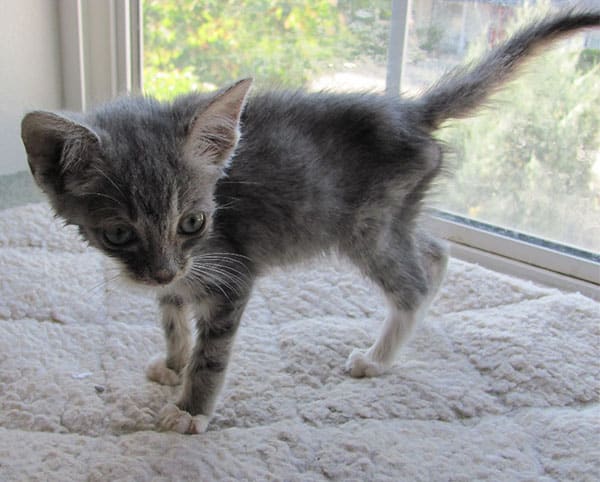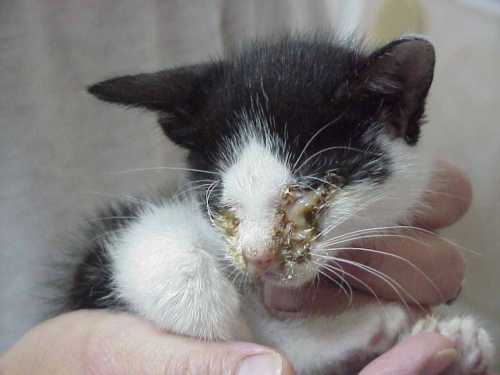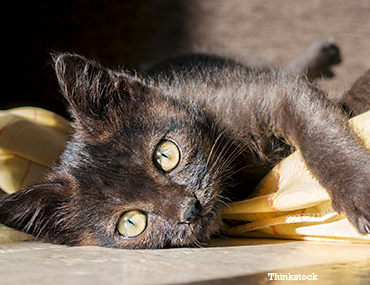Severe Coccidia In Kittens

Symptoms include watery stool with mucus or blood fever and in some cats neurological problems such as depression or convulsions.
Severe coccidia in kittens. Isospora felis and isospora rivolta are the most common species of coccidia in cats. Coccidiosis is a parasitic type of infection caused by the coccidia parasite. If it is not treated over time it can cause damage to the lining of a cat s intestinal tract. It most commonly causes watery mucus based diarrhea in animals.
With appropriate and prompt treatment the prognosis is good. Coccidiosis as i m sure you re aware can be a challenging issue in kittens. W while commonly treated with a prescription antibiotic it can be quite difficult to completely eliminate coccidia from indoor or outdoor environments that have been contaminated with the eggs oocysts. Change in ownership other disease present.
Kittens and older cats that are stressed or have a weak immune system are more likely to be affected by coccidia 1 2. All known causes of parasite exposure are listed below. These often cause an intestinal tract infection called coccidiosis 1 2. Signs symptoms of coccidia in cats because coccidia live in an animal s intestinal tract and diarrhea is one of the symptoms coccidia can be confused with intestinal worms.
Coccidiosis the disease caused by coccidia is usually more serious in kittens but can occur in older cats. Coccidia are a group of single celled protozoa found within the intestinal lining of kittens and cats. The most common sign of coccidiosis is diarrhea. But they aren t worms at all.
They are microscopic parasites that live within the cells that line the intestine. Kittens are often exposed to the protozoa from their mother s feces as adult cats often contain the parasites without showing any symptoms. Causes of coccidia in cats to become infected with coccidia a cat must come into direct contact with the parasite. Because coccidia live in the intestinal tract and can cause diarrhea they are often confused with intestinal worms but coccidia are not worms.
Severe infections especially in kittens can kill them. Infections occur in adult cats and kittens but are much more likely to cause serious disease watery or bloody diarrhea in kittens. Risk factors for coccidiosis include age young kittens at least 2 weeks of age but typically less than 6 months 1 stress always a challenge in a shelter and coinfection with other parasites. Coccidia are small protozoans one celled organisms that multiply in the intestinal tracts of cats and dogs most commonly in kittens and puppies less than six months of age in adult animals whose immune systemis suppressed or in animals who are stressed in other ways e g.
















